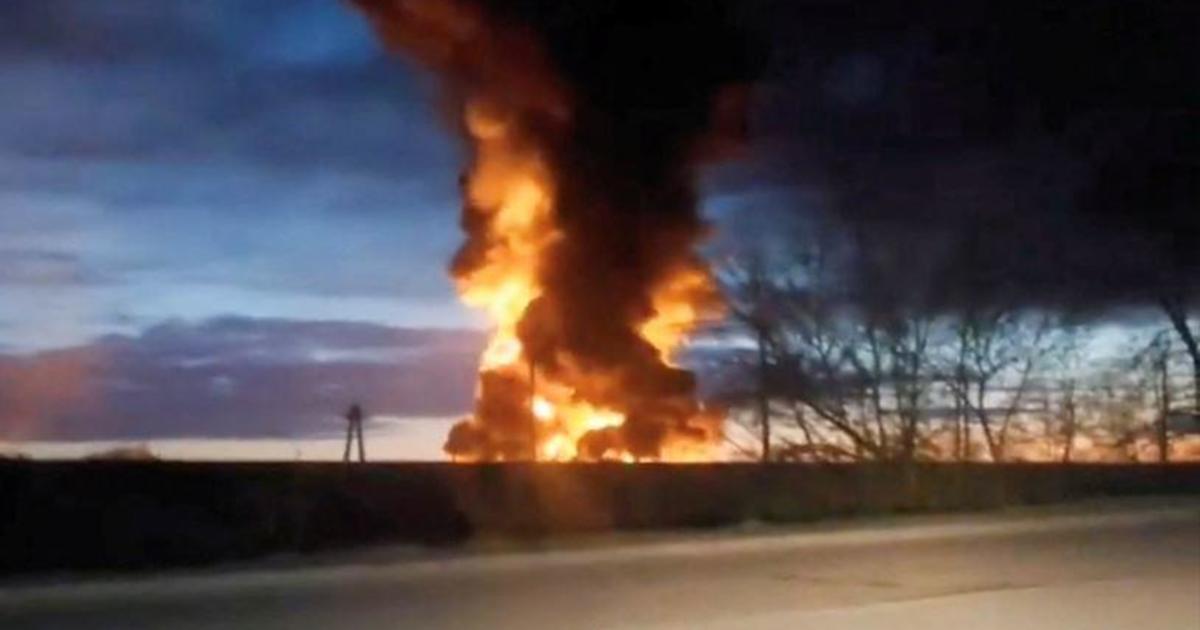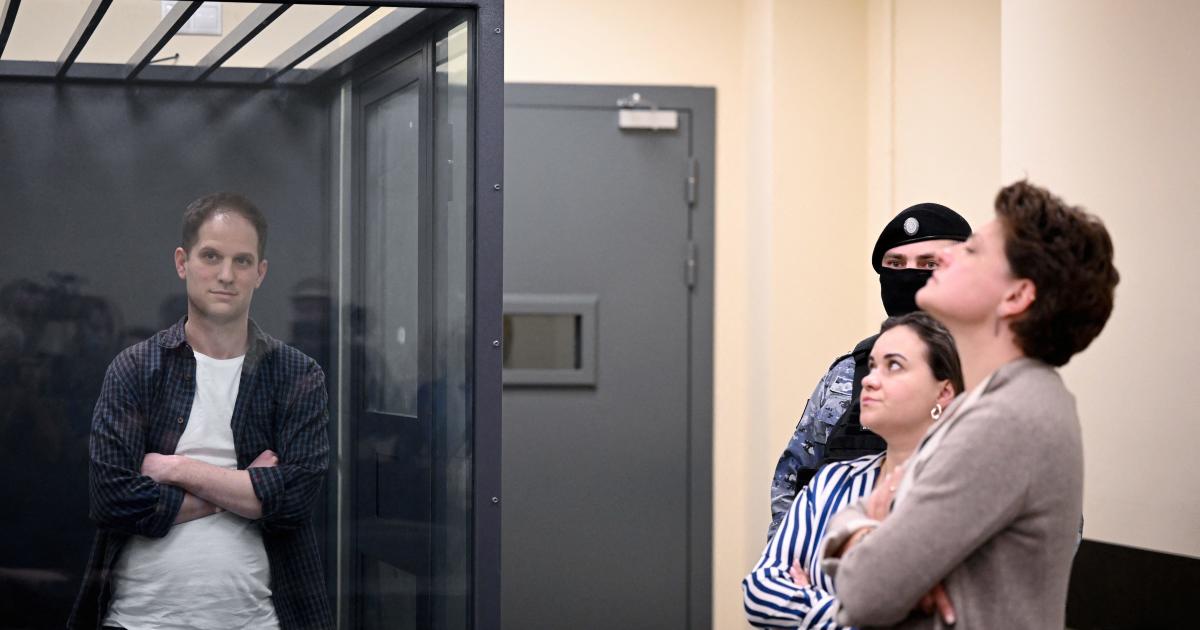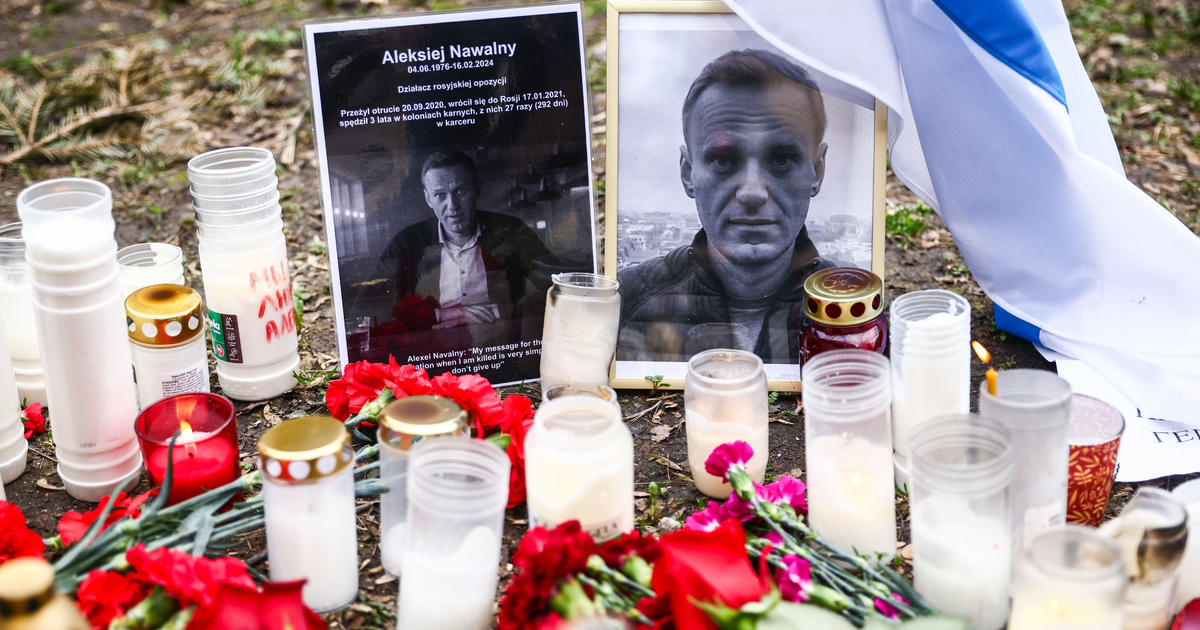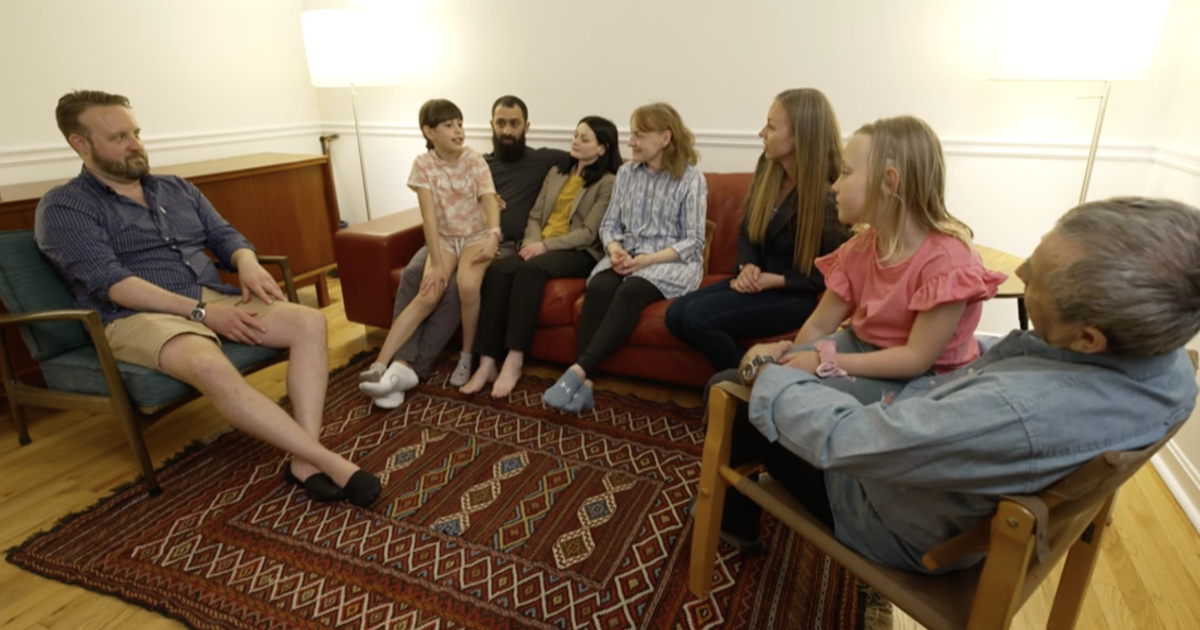Russian artillery terrorizes Ukrainian city of Kherson
Kherson, Ukraine, is the only regional capital Russia has captured since Vladimir Putin's forces invaded Ukraine a year ago. The city was liberated in November after eight months of occupation, but now the city's residents are under fire almost every day as the Russians launch artillery attacks from their position across the Dnipro River, less than a mile away.
Holly Williams and a 60 Minutes crew reported from Kherson for this week's broadcast. They found Halyna Luhova, who was put in charge by Ukraine's president to rebuild Kherson, managing aid distribution, power outages and an avalanche of problems caused by Russian shelling. Kherson has been shelled more than 2,000 times in the last three months.
Luhova said the Russians are targeting schools, humanitarian aid points and critical infrastructure with knowledge they gathered during their occupation of the city.
"During a long period of occupation for eight months, they know all the information as for our infrastructure," Luhova said. "So they know everything."
"Would you prefer it if all civilians left the city?" Williams asked.
"It will be better for them I think," Luhova said. "You know, our people go to bed every day, and they don't know exactly if will be awake in the morning. It's really terrible."
- Kherson, Ukraine, withstands constant Russian attacks after occupation ends
- What it takes to report from Ukraine
About 60,000 of Kherson's 300,000 pre-war population remain. More than 80 people have been killed by the shelling. A fire station and 19 medical facilities have been hit. Nothing, it seems, is sacred. There's a bomb crater right outside the Church of the Exaltation of the Cross.
Kherson's defiance was obvious as the Kremlin's troops rolled into town last March. Thousands demonstrated, but within days Russian soldiers opened fire and began arresting protestors. Residents were ordered to use Russian currency and schools were told to adopt a Russian curriculum.
Katya Fateeva would have none of it. Fateeva and her 9-year-old son, Max, refused to leave despite offers of a place to stay from friends outside Ukraine,
"We continued studying in our Ukrainian school by Zoom online with our teachers, with our programs," Fateeva told Williams. "Of course it was illegal from their side, but they tried to… take our children there."
"The Russians wanted to control what your children were thinking," Williams said, "what they learned."
"Yes," Fateeva said. "Yes, you're absolutely right. They really want to control our people's mind, what to do, what not to do and so on."
Fateeva's father, Vladimir Sagayak, manages a foster home just outside the city. After hearing reports that Ukrainian children were being deported to Russia, Sagayak decided to hide 46 kids in his care.
He placed some of the children with their distant relatives. The rest were sent off with foster home staff. Fake documents helped them get past Russian checkpoints.
"We had a young kindergarten teacher who took in five kids from 5 to 16 years of age," Sagayak said. "And we worked out a story for her that her sister was in her last month of pregnancy and she was looking after her sister's kids. With the help of Photoshop, we created a doctor's note. That's how they got through."
More than 6,000 Ukrainian children have been taken into Russian custody since the war began, according to research by Yale University. Last June, when Russian soldiers came to Sagayak's foster home, he told them he'd sent the children back to their families.
"If the Russians had found out exactly what you did, that you hid 46 children," Williams asked Sagayak, "what do you think they might have done to you?"
"I think I would not be talking to you today," Sagayak said.
Hundreds of others who resisted were brought to a place known as "the pit." Andriy Andryushchenko said he was tortured there with electric shocks to his head and genitals. People he knew were being beaten in adjoining cells.
His crime was painting pro-Ukrainian graffiti.
By November, the occupiers lost their grip on Kherson. Squeezed between the advancing Ukrainian army and the river. They withdrew, but the shelling began soon after and Halyna Luhova, Kherson's mayor, believes Russian collaborators still lurk in the city.
"They phone them to the left bank of the river and say where I am, where our team is, what we are doing. They say everything," Luhova told Williams.
"And what should happen to those collaborators now?" Williams asked.
"We have to kill them," Luhova said. "I think that they have no right to live."



